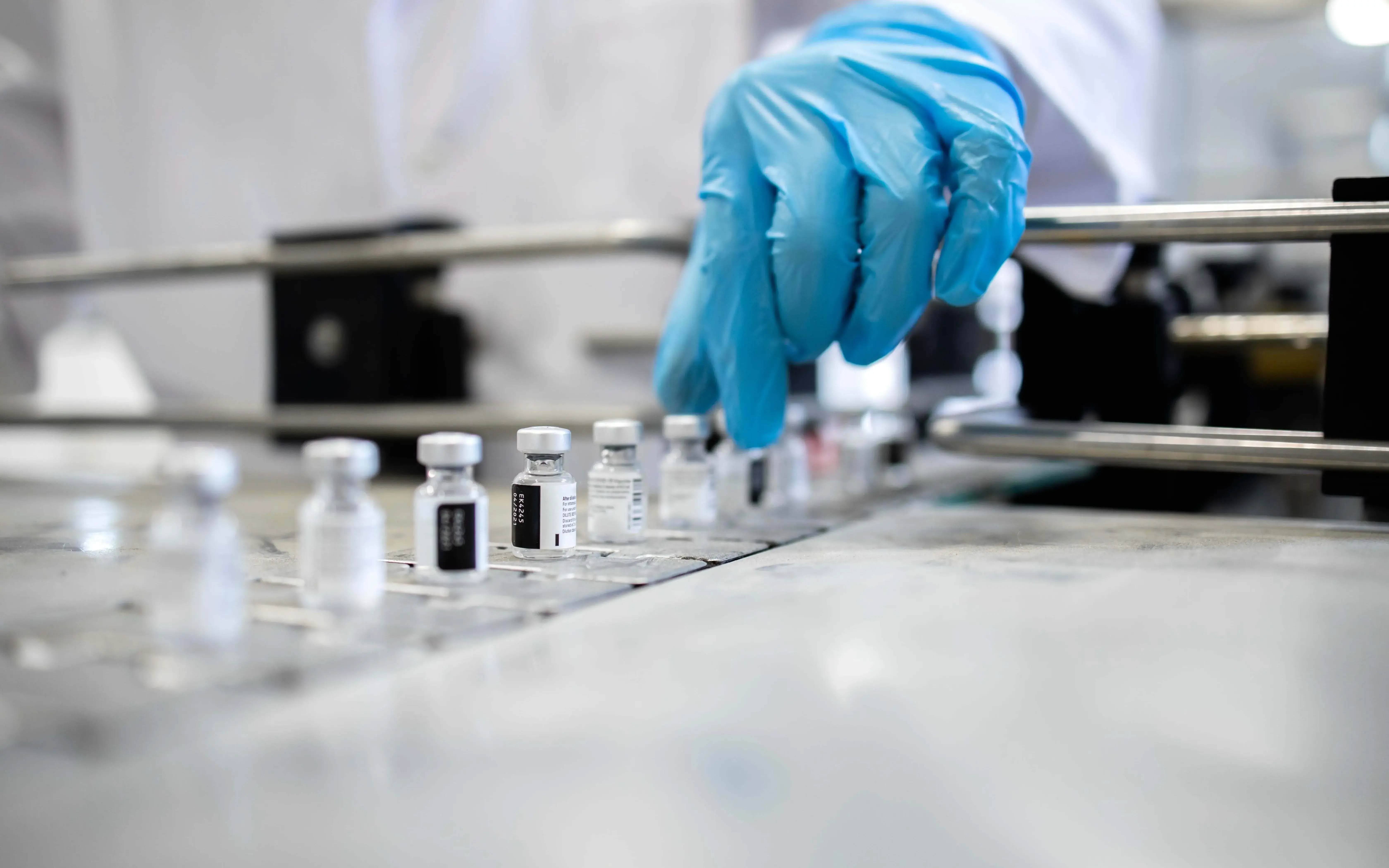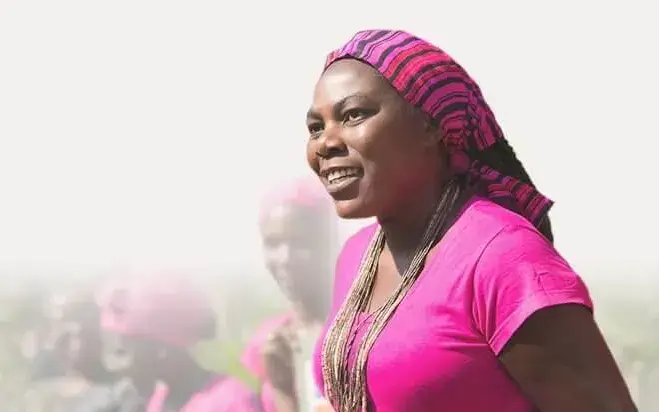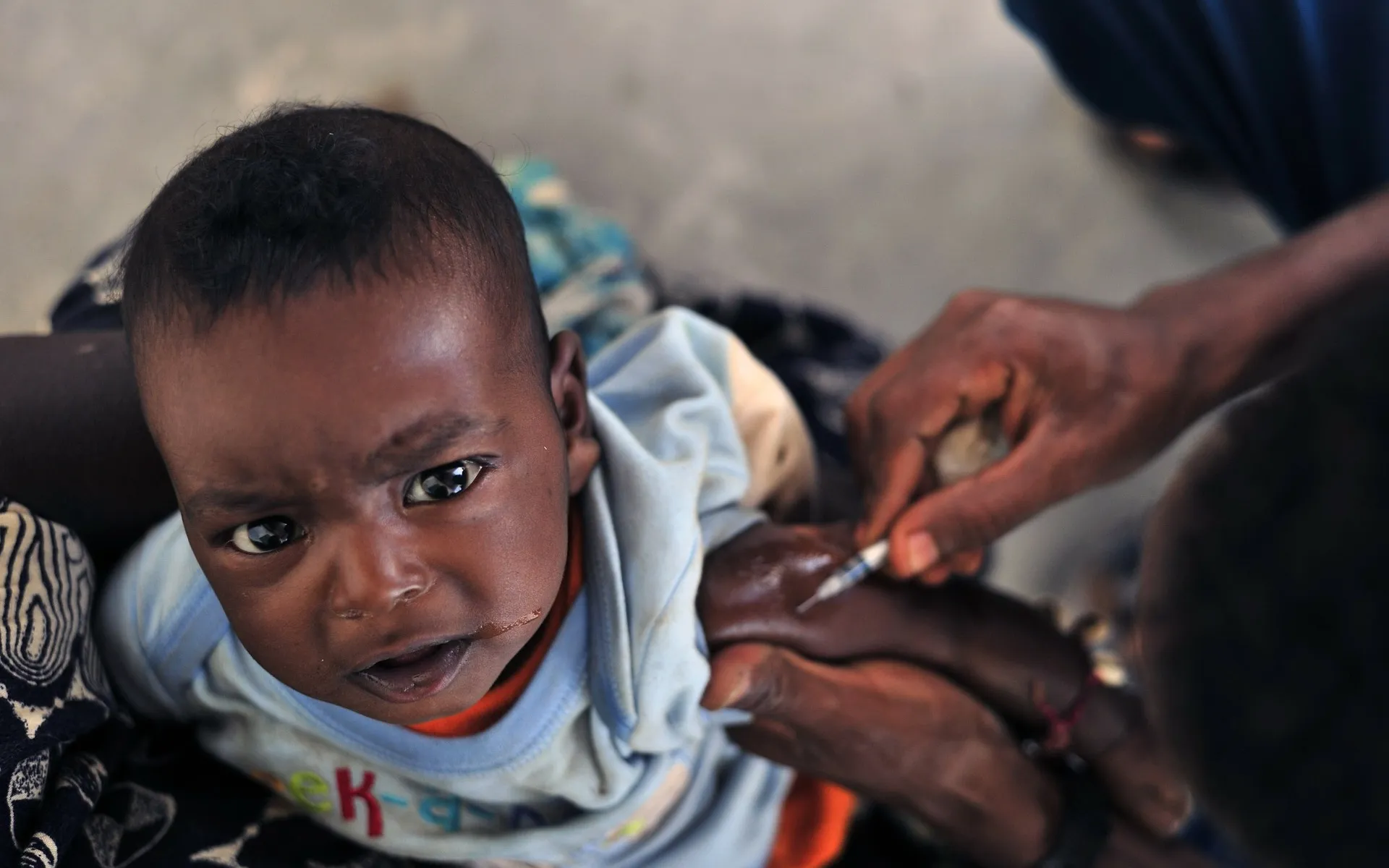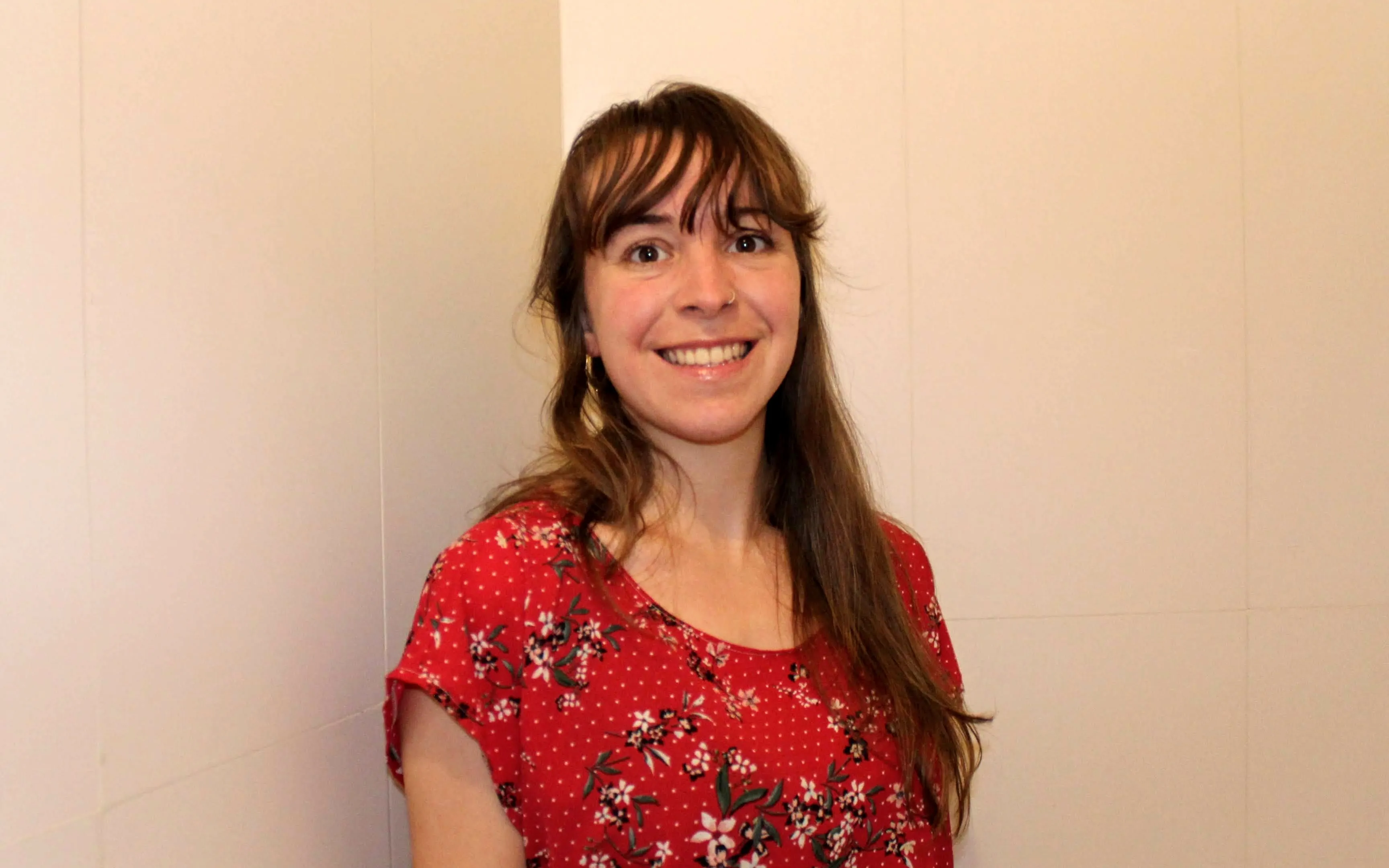
Exciting advancements in cancer vaccine research are paving the way for new therapeutic approaches. In an exclusive interview, Dr. Tayyaba Jiwani from Cancer Research UK discusses the latest breakthroughs and challenges in the field.
What is the current state of research on developing therapeutic vaccines against cancer?
It’s an exciting time for cancer vaccines. The combination of decades of research combined with unprecedented investment in vaccine technology during the COVID-19 pandemic has resulted in more cancer vaccines being tested in clinical trials than ever before. In the past year, we were particularly excited to hear about the world’s first Phase 3 clinical trial for an mRNA vaccine for melanoma, a type of skin cancer, and that patients in the UK could potentially take part. If successful, these trials will pave the way towards a future in which vaccines could prevent certain cancers from coming back, saving countless lives.
In 2024, we were thrilled to award funding to three vaccine projects at the Oxford Cancer Vaccine Hub based at the University of Oxford. While the research is at an early stage, the vaccines in development could potentially help to prevent cases of lung cancer (in partnership with the CRIS Cancer Foundation), ovarian cancer and cancers linked to a genetic condition called
Lynch Syndrome.
What are the biggest scientific and technological challenges in the development of cancer vaccines?
Just as we are all unique, there are more than 200 types of cancer, many with their own unique characteristics that require different treatments. It is highly unlikely that we can develop a single vaccine designed to beat all cancers. It could take years (and potentially decades) for researchers to work through multiple types of cancer to establish if a vaccine can target them.
Cancer vaccines work by helping our body’s immune system recognise changes linked to cancer in our cells and attack them. Research will need to make sure the vaccines specifically target cancer cells, don’t have undue side effects, and work for everyone.
Cancer cells are also very good at tricking our immune system into thinking a tumour isn’t there, so it’s important to figure out whether using vaccines will effectively prime our immune system to find and destroy different types of cancer cells.
After the COVID-19 pandemic, the use of mRNA vaccines has significantly shortened the timeline of vaccine development. We can look forward to an influx of cancer vaccines as new treatment options in the near future.
How are vaccines being integrated with other therapeutic approaches, such as immunotherapy or gene therapy, in the treatment of cancer?
Vaccines alone won’t beat cancer. They need to be used in combination with other therapies. The melanoma vaccine I mentioned is designed to be given to people who’ve had surgery to remove their tumour(s). This is a form of preventative immunotherapy intended to help stop the cancer from coming back. Similarly, for the preventative vaccine projects we’ve funded, research and clinical trials will need to make sure that the vaccines work with existing screening, testing, or treatment regimens for different cancers. These tools, together with the right treatment strategies in the clinic, will help us ensure that everybody can lead longer, better lives, free from the fear of cancer.
What advantages does personalised adaptive radiotherapy offer compared to traditional radiotherapy techniques in terms of efficacy and reduction of side effects?
Since laying the foundations for radiotherapy over 100 years ago, we’ve helped drive innovations to help make it more targeted and effective with fewer side effects. Personalised adaptive radiotherapy is key to these innovations. More than 140,000 people with cancer receive radiotherapy as part of their treatment in the UK every year. Traditionally, radiotherapy has involved standardised doses and treatment plans for every patient. Now, with advancements in radiation technology, and progress in our ability to use genetic information to predict the severity of some cancer types, we’re developing more tailored strategies to treat different people’s cancers. This means testing new dosing strategies for different cancer subtypes, so that people with less severe cancers are not exposed to dangerous levels of radiation. Or using new technologies to precisely guide and shape the radiation beam so that it concentrates radiation on the tumour, while limiting damage to surrounding healthy cells. This would be especially helpful in treating cancers located in highly sensitive areas like the head and neck.
Similarly, we’re developing technologies and adaptive strategies for radiotherapy in organs which frequently move or change shape, like the lung or bladder, so that we can better protect healthy cells and minimise side effects. Another avenue of research is to develop better strategies to combine radiotherapy and chemotherapy for some cancers to help drive better outcomes.
What does the future hold for personalised radiotherapy?
The personalisation of radiotherapy – in terms of dosage, frequency, duration, precision, or combination with other treatments – is the way of the future. The research and clinical trials we’re supporting today will aid the development of more powerful and sophisticated radiotherapy approaches, optimized for different cancer types and subtypes in different individuals.
Crucially, our increasing access to huge volumes of cancer data and advanced data analysis capabilities (including through AI) are accelerating this shift. We will be able to use all this data to better analyse and design the right radiotherapy approach for each person to ensure the best possible outcomes.
How can collaboration with patients improve the relevance and applicability of cancer studies?
At Cancer Research UK, we actively involve people affected by cancer in our work. This includes patients and their loved ones. Their invaluable insights are helping us to beat cancer by ensuring that we’re meeting their needs.
Only by gaining an in-depth understanding of what patients want and what would be more impactful to them can we appropriately tackle cancer. Learning from their lived experience helps us improve the relevance, quality, and ultimate impact of the research we fund.
How can research institutions foster a culture of effective collaboration between scientists and patients?
Patient Involvement is about working with people who have relevant lived experience to make sure they have a say in our decisions, help to shape our work, and play an active role. Working hand in hand and making sure everyone has a say, and everyone’s experience is respected and celebrated is key.
Patient involvement should be considered in research from the origin of a research project, not as an afterthought. We encourage ongoing two-way communication. For example, researchers could involve patients in discussions about the design of an upcoming study or clinical trial, or how patient data might be collected or reused to help answer other research questions.
Where possible, dedicating appropriate resources to the creation and ongoing management of patient involvement panels or patient representative roles is invaluable. This helps to ensure that the patient voice is represented across the development pipeline for a given piece of research so that the views and goals that are important to people affected by cancer aren’t being missed.
What recommendations would you give to other researchers looking to involve patients in their oncology research projects?
Researchers applying for funding for their work are increasingly required to include plans for patient and public involvement and engagement (PPIE) in their applications, be it with local patient populations or the wider public. Starting your patient involvement activities early on – during the conception of your research question and beyond – is key and will help to improve the relevance and quality of your study. They can help you understand when, where and how to involve patients and loved ones.
Knowing where to start can be daunting, but there are a number of local PPIE groups that you can tap into, or one-on-one support available from your institution, funders or charities like ourselves at Cancer Research UK. Speaking with people affected by cancer early on and being transparent with them will make a huge difference.






Add new comment